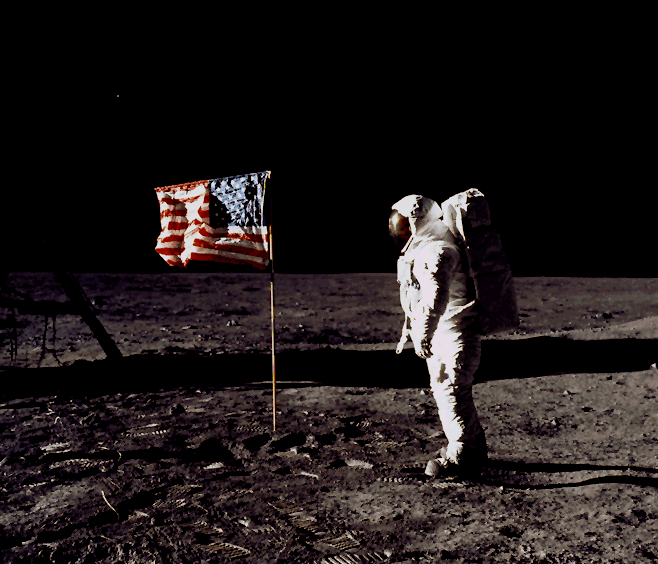
The American space agency is reportedly planning to send astronauts to moon's mysterious South Pole, which has been never explored by humans and this new mission is expected to unveil more secrets about this creepy area.
"We know the South Pole region contains ice and may be rich in other resources based on our observations from orbit, but, otherwise, it's a completely unexplored world. The South Pole is far from the Apollo landing sites clustered around the equator, so it will offer us a new challenge and a new environment to explore as we build our capabilities to travel farther into space," said Steven Clarke, deputy associate administrator in NASA's Science Mission Directorate in a recent statement.
A few months ago, NASA had found frozen surface water on the moon's polar regions. Experts believe that this frozen water could be broken down and can be eventually made into rocket fuel which will help humans during long manned space missions.
Several experts believe that building a permanent human base on the lunar surface will catalyze the chances of conducting Mars colonizing missions in the future and reaping fuel from the lunar surface will help humans to achieve this task.
Even though humans have not walked on the polar regions of moon yet, space agencies like NASA have successfully studied these regions with robots.
"We've mapped every square meter, even areas of permanent shadow," said Noah Petro, an LRO project scientist based at NASA's Goddard Space Flight Center in a statement.
The presence of water in the polar regions of the moon has made many people believe that life, at least in microbial form could be thriving there. NASA's upcoming space mission to the moon will also try to find traces of life on the moon, which may have sometimes existed on the lunar surface billions of years ago.
A few days back, Jim Bridenstine, the NASA administrator had revealed that the space agency's plans to take humans to the moon by 2024 could not be carried out by the US alone.
While talking at the space symposium on April 9, Bridenstine said that putting "humans on the moon in 2024 is not an America-alone effort. We need all of our international partners. In fact, none of us can do what we want to achieve alone."









